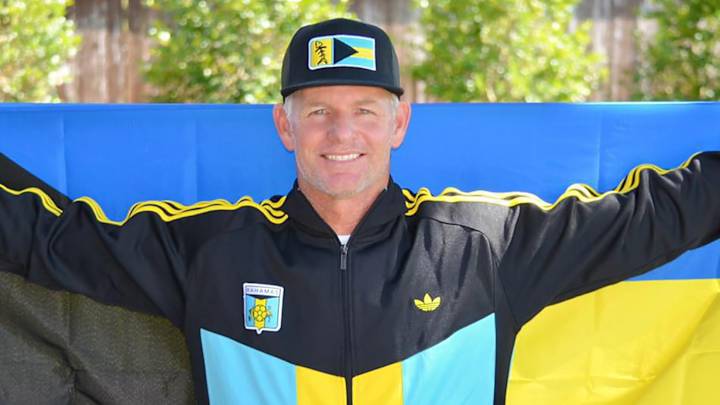Former ATP Player Mark Knowles on the Benefits of Exhibitions in Tennis | Beyond the Baseline Podcast


On the latest edition of the Beyond the Baseline Podcast, host Jon Wertheim talks with former doubles World No. 1 and Bahamas native Mark Knowles. After Hurricane Dorian tore through and devastated the lives of many residents, including some of his family members, Knowles joins the podcast to share his tennis backstory and his life growing up in the Bahamas; how exhibitions can actually be beneficial for players, even though they add another event to the already-packed tennis calendar; and details on the upcoming Baha Mar Cup, an exhibition event slated for Nov. 7-10 featuring a silent auction, to help provide relief to hurricane victims and support overall recovery efforts.
Jon Wertheim: At this time of the year, the season is winding down, we always hear that players are getting tired. What is it really like at this stage in the year? Is it a physical fatigue, is it the last five miles of the marathon, is it emotional, is it spiritual? What is this period of the year really like for players, as often as we hear everyone's tired?
Mark Knowles: I think there's a combination of mental and physical, but I think by far it's mental fatigue. It's interesting. I read one of your Mailbag recently about this actual discussion and it's so true, when you see guys still playing exhibitions or some type of promotional events, it's different. You're so relaxed. It's not competitive. You don't have to be ready the next day to play again. I think the grind of the full year, of the mental focus that it takes to know that you always have to bring your best day in, day out, it just wears you down. You know, when you get to the end of the year, it's you are so excited to just kind of put your feet up and not have to feel that that kind of emotional stress. So I would say mostly it's mental fatigue.
Obviously, the body's broken down. But, you know, most players can get through that. Most players know how to deal with know lingering injuries and so forth. But it's the mental fatigue by the end of the year where players are just beat up pretty badly. So I think that's the important thing. And you always hear about trying to shorten the season and then you hear the other side: well, they're playing exhibitions. I understand. But exhibitions are so much lighter on not just the body but the mind more importantly. So I think it'll always be a constant struggle to try to find the right perfect amount of weeks for the year. It's tough because we have a long season and it's just natural because these guys these guys are getting better and better. Right. So there's no easy matches anymore. You've got to be fully focused. And I just think it takes it's kind of emotional toll by the end of the year.
JW: What is it about exhibitions that make them so different from conventional tournaments?
MK: I think, first of all, you take away the stress, right? I mean, it doesn't really matter of winning or losing. It doesn't really matter how you play per say. You're relaxed. You know, everybody is a great player. So when they're relaxed, they're going to play great tennis probably regardless. So, you know, that's going to be taken care of. You know, there's some smiling. It's just it's a much different emotional temperature compared to the week in, week out grind of the tour. So I think it's refreshing. I think it's a nice change of pace for a lot of players.
